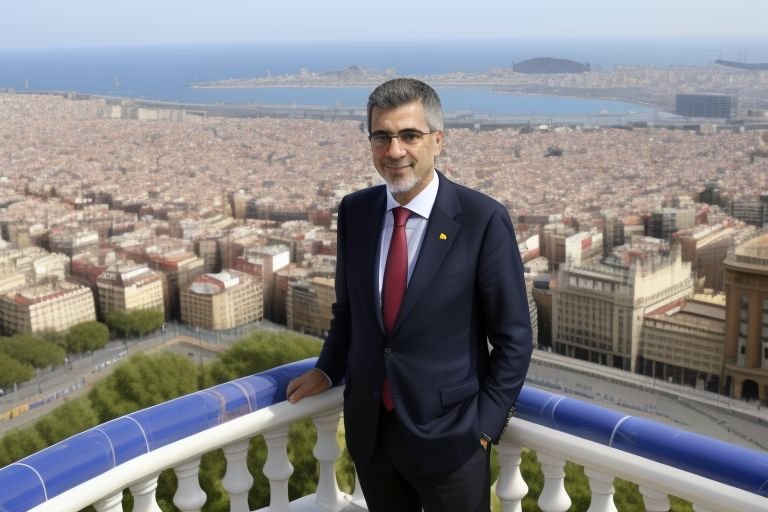The announcement of good financial results of FC Barcelona for the 2023/24 fiscal year ensured a new spirit in the business community of Barcelona. In the official disclosure, the club’s Board of Directors agreed to the closure of accounts, which showed a €12 million profit in ordinary operations. This is particularly cheering news for the Catalan giants, which have suffered deep financial problems in the recent past. Club president Joan Laporta mentioned that the organization has managed to arrest its financial fall and lay the groundwork for a somewhat more sustainable financial trajectory.
The financial entries also show that the club realized the highest-ever sponsorship income, more than €210 million, and a record merchandising turnover, nearly €110 million. Due to the factors derived from the use of the Estadi Olímpic, the annual ordinary revenues were reduced by €100 million, and as a management strategy, cost-cutting measures were applied, whereas the redevelopments of the Spotify Camp Nou were systemized to recover for the losses. Through these actions, FC Barcelona has been put in a place where it can strive to generate positive cash flows that, in turn, will enable the entity to meet all its current and historical financial commitments.
Moving to the future of the 2024/25 season, the club has a plan with certain aspirations, but it is quite conservative. According to the budget, the sponsorship revenue is expected to rise to more than €250 million. There is also an ongoing increase in the sales in physical and electronic stores, and the club expects revenue of over € 125m. Nevertheless, these forecasts can be considered as great to some extent, FC Barcelona still adheres to the principles of a cautious approach to investment that is connected with the team’s attempts to maximumly rely on the home-grown players or sign them through a transfer power also in some cases.
According to forecasts for the season, the expenses on the players stay moderate and are around 500 million Euros, which also shows that the club management does not irresponsibly spend money. FC Barcelona still believes that the trend of buying and selling for profit will be sustainable since the club aims to replace players who are likely to cost them money either due to age or market value. With such measures in practice, the club expects its ordinary result to total €5 million in the 2024/25 financial year, the EBITDA rating will be positive, and the prerequisites for new victories will be created.
The improvement of the financial status of FC Barcelona is perceived as a success for the business community of Barcelona. As one of the city’s most recognizable institutions, the club’s economic health is often viewed as a barometer for the region’s overall economic well-being. Sources close to the local business community have echoed the same sentiments, with several individuals opining that this upward trend should have a positive knock-on effect on the rest of the economy in terms of investment and growth of other complementary industries.
However, there is still a long way to go in addressing Barcelona’s future business environment. The issues linked with mass tourism still remain relevant to many spheres and the recent demonstrations proved once again that the growth of tourism must be achieved through the balanced economic cooperation. With challenges that include housing prices and maintenance of local identity, the business community challenges the forma of partnerships that are able to solve the problem while retaining the economic city status of Barcelona.
The current efforts that Barcelona is making to reclaim the future that it lost are complemented by the positive financial performances that FC Barcelona provides. Local businesses believe that integrated planning and appropriate investments in simple events can lead to more extensive and constant economic development in subsequent years. For now, the challenge is to sustain this pulse and deliver on the promise of shared value for entire economic domains in the city while equally preventing the decline of Barcelona as a competitive and liveable city for both consumers and workers.


